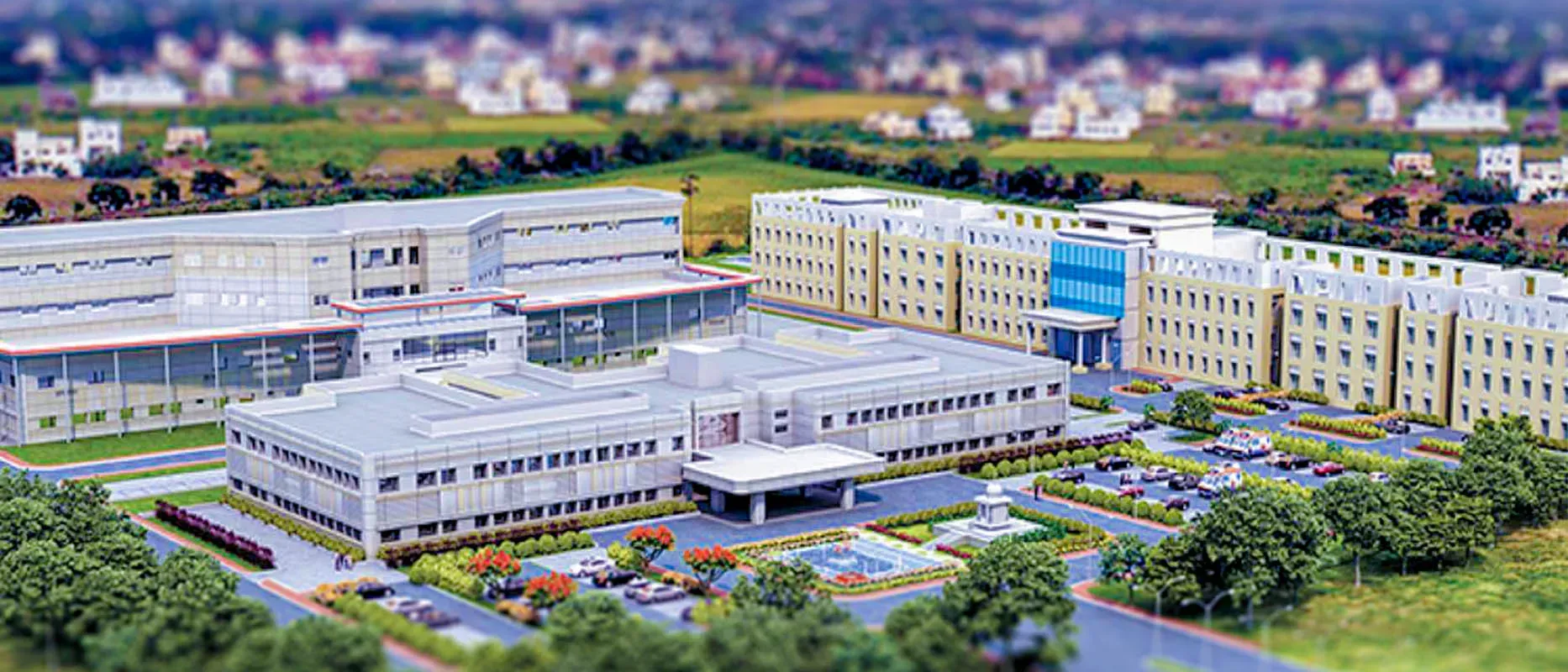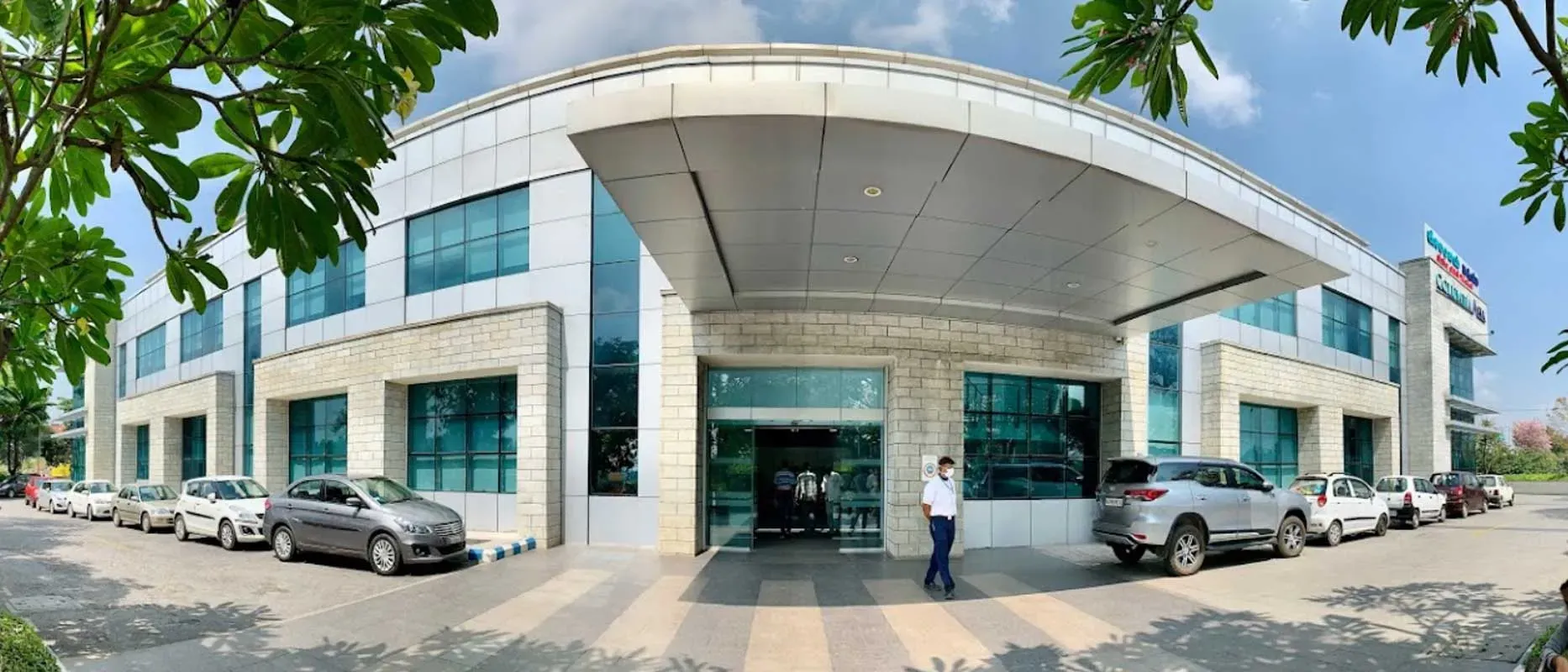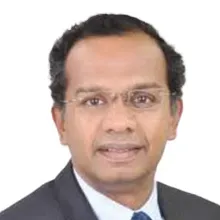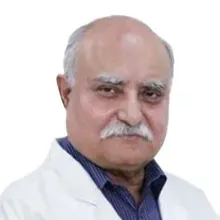Overview of Heart Transplant Treatment India
Heart transplant is a surgical procedure in which the damaged or non-functioning heart is replaced with a healthy heart from a dead donor. The cause of death of the donor can be declared as natural death or by some end-stage disease but the dead person must have a healthy heart to transplant to the recipient. The heart transplant surgery is used when all the other treatment options fail and the extent of damage to the heart that leads to the heart failure. Heart transplant is a very complicated procedure and many risks are associated with it that can even cause the death of a patient during or after surgery. In some cases, the patient who receives a surgical procedure of a heart transplant dies within the first year of surgery. Not all the individuals with heart failure and end stage heart disease can be treated with heart transplant surgery. Heart transplant is also difficult to perform because of the limited number of organ donors. Heart transplant treatment is only performed when the patient is exhausted from other aggressive treatments or when there are more benefits as compared to the risks of heart transplant. In India, the survival rate of one year for heart transplants is around 80-85%, and survival rate of five years is approximately 70-75%. After a heart transplant, medical care is necessary for lifetime in order to maintain the health and normal function of the new heart. Some medications are also used to prevent rejection of the transplanted organ.
Types of Heart Transplant Treatment India
- Orthotopic heart transplant
- Heterotopic heart transplant
Orthotopic Heart Transplant (OHT)
The orthotopic heart transplant is the most common type of heart transplant which is performed nowadays. In this procedure, the damaged heart or heart with end stage disease is completely removed, and a healthy donor heart is transplanted. The donor heart is positioned and connected to the blood vessels of the recipient that involves the aorta and pulmonary artery. This is the type of standard procedure for heart transplantation.
Heterotopic Heart Transplant (HHT)
In a heterotopic heart transplant, the heart of the patient is not removed but instead, a healthy donor heart is transplanted and positioned with the patient who needs heart transplant treatment. The donor heart is connected to the blood vessels of the patient that helps in pumping blood. This procedure is usually used for some specific cases in which the heart of the patient is too weak to function properly or when the donor organ is a child with a small heart and cannot fully support the function of the patient.
Procedure of Heart Transplant
The general overview of the heart transplant procedure is described below:
Preparing the patient: The patient undergoes a detailed evaluation to ensure their suitability for a heart transplant. This includes various medical tests and assessments of their overall health.
Anesthesia: The anesthesia is given to the patient so that the patient cannot feel any pain or discomfort during the complex surgical procedure of heart transplant.
Incision: A surgical incision is given to the patient at the center of the chest to easily access the heart. The size of the incision can vary according to the skill of a surgeon.
Passing the cannula: Tubes known as cannulas are inserted into the major blood vessels that makes a new pathway for the blood to flow away from the heart and towards a heart-lung machine. This machine temporarily takes over the function of the heart and lung.
Removing the recipient's heart: The surgeon carefully disconnects the recipient's heart from the major blood vessels. The diseased heart is then completely removed.
Preparing the donor heart: The healthy donor heart, which has been matched to the recipient based on factors like blood type and body size, is prepared for transplantation. It is transported in a preservation solution to maintain its viability.
Transplanting the donor heart: The donor heart is placed in the recipient's chest and connected to the major blood vessels. The connections are securely sutured to ensure proper blood flow and circulation.
Closing the incision: The incision in the chest is closed by using sutures. And medications are applied in order to prevent the infection.
Recovery: The patient is recovered with proper management of the complications that can delay the recovery process. The medicines are used to prevent the blood clot formation and to prevent the rejection of a transplant.
Diagnosis of Heart Transplant Treatment India
Cost of Heart Transplant Treatment in India
The cost of a heart transplant treatment in India ranges between 26,640 USD to 35,520 USD. The cost can vary according to the facilities of the hospital, the skill of the surgeon, and the location of a hospital in a certain city of India. It can also vary according to the complications of an individual patient at the time of surgical procedure.
| Treatment Costs in India |
Min in USD |
Max in USD |
| Heart transplant treatment in India |
25000 USD |
40000 USD |
Symptoms and Risk factors
Here are some names of the diseases in which a heart transplant may be indicated:
- End-stage heart failure
- Dilated cardiomyopathy
- Restrictive cardiomyopathy
- Coronary artery disease
- Congenital heart defects
- Valvular heart disease
- Inoperable structural heart disease
- Genetic or metabolic heart disorders
- Hypertrophic cardiomyopathy
- Myocarditis
- Amyloidosis affecting the heart
- Failed previous cardiac interventions or surgeries
- Primary pulmonary hypertension with right heart failure
- Failed mechanical circulatory support devices
- Severe refractory angina not responsive to other treatments
- Certain congenital heart conditions associated with heart failure
Risk Factors of Heart Transplant
There are many risk factors that are associated with heart transplant procedure:
Severity of the Disease
The advanced or end-stage nature of the recipient's heart disease can increase the risk during the transplant procedure.
Age
Older patients may have a higher risk due to potential complications and compromised normal functions of the body.
Overall Health
Other medical conditions such as kidney or liver disease, diabetes, or lung disease, can increase the risk of complications during and after the transplant.
Previous Surgeries or Interventions
Previous chest surgeries or other medical interventions can complicate the transplant procedure and increase the risk.
Body Size and Compatibility
Mismatch in size between the donor heart and recipient's chest, as well as compatibility issues regarding blood type and tissue matching, can impact the success of the transplant.
Presence of Antibodies
High levels of pre-existing antibodies against the new donor organs can increase the risk of rejection or complications after the transplant.
Effects of Immunosuppressive Drugs
The use of immunosuppressive drugs can increase the risk of infection, kidney damage and other diseases.
Top Hospitals for Heart Transplant in India
Shaping the future of the healthcare institution and establishing the path to accomplishment.
Kokilaben Dhirubhai Ambani Hospital and Medical Research Institute Mumbai,India
Book Appointment
Gleneagles Global Hospital Richmond Road Bangalore Bengaluru,India
Book Appointment
Top Doctors for Heart Transplant in India
Empower your Health with the Expertise of Leading Medical Professionals.
Dr Madan Kumar K
Department of Cardio Thoracic and Vascular Surgery
Consultant
Book Appointment
Treatment Costs for Heart Transplant
Be the change and be an opportunist in transforming healthcare.
How it's Works
Guiding your Journey from Discovery to Treatment Planning and Beyond.
Discovery
Get a consultation to discover about your treatment
Pre-Treatment
Admission to the best hospital and all pre-treatment facilities
Post Treatment
Get post-treatment follow-up care with medicine fulfillment
Treatment Planning
Hassle-free treatment planning with package & cost estimations
in-treatment
world-class quality procedures and equipment for treatment


























